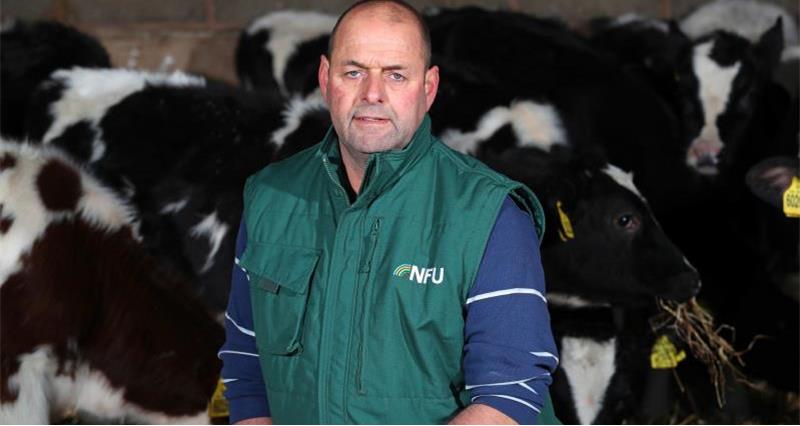Mr Oakes highlighted that many of the cornerstones of the dairy board’s vision are addressed in the Government Command Paper such as transparent data, better supply chain relationships and improving productivity.
On the Command Paper...
“There are some good ambitions in the Command Paper on high welfare standards, but this doesn’t match up on the second message of cheaper food for consumers. We have read through the Government’s paper and looked at how it falls in line with the priorities agreed by the Dairy Board.”
On supply chain relationships...
“There are some positives – the consultation on compulsory milk contracts, which is imminent, is a result. Defra has committed to consult with industry on this issue in the coming months. We need to build on what was started with the dairy industry code of best practice on contractual relationships to ensure we, as farmers, are not burdening all the risk in supply chain.
“At the moment, contracts in the dairy sector are abysmal, mainly due to exclusivity. Who else is tied to sell 100% to one supplier who can change the price with three days’ notice? This needs to change.”
On a better business environment...
“The paper shows a commitment to improve productivity and we are putting forward proposals for what this means for the dairy sector. To be clear, this is not about producing more, but about producing more efficiently and more competitively.
“Right now, we need support for capital investment in farm buildings, from cattle sheds to slurry stores. These will bring win-win solutions to the environment, animal health and welfare, as well as productivity. At the moment, infrastructure on farm is a huge issue and it’s not all about funding; it’s also about getting the right planning policy and taxation system in place.”
On the Dairy Environmental Issues Group...
“There’s a massive steer towards the environment in the paper. In recognition of this we created the Dairy Environmental Issues Group (DEIG) to find solutions for many of the main environmental issues identified by Defra – be that soil quality, water quality, carbon sequestration or air quality.
“In the DEIG we’re getting the right people – government officials included – to come and sit around table and on farm to thrash out some of the challenges, but also find solutions. The findings of this group will help us feed into the Command Paper response, as well as future land management work.”
